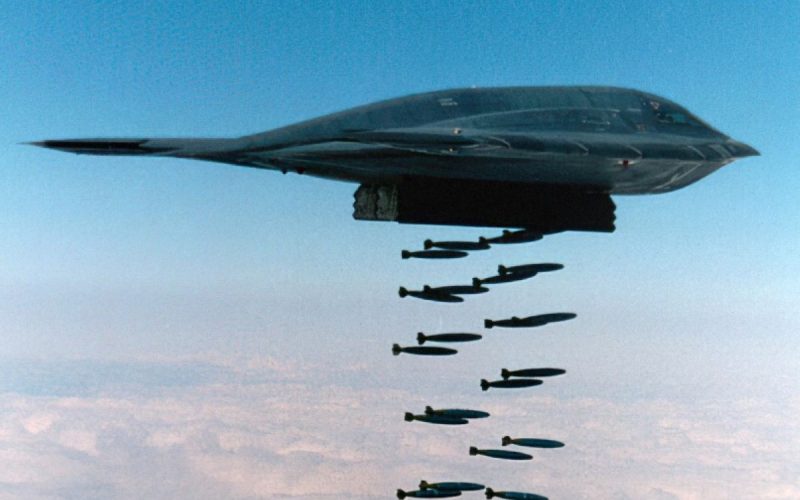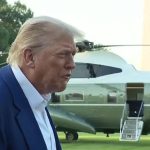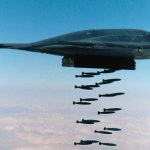The US attack represents the first time the US has directly bombed Iranian territory, further escalating a conflict that had been bubbling over between Israel and Iran for weeks.
US President Confirmed Air Strikes on 3 Nuclear Sites of Iran by B2 Bombers on his Social Media “Truth Social” handle.
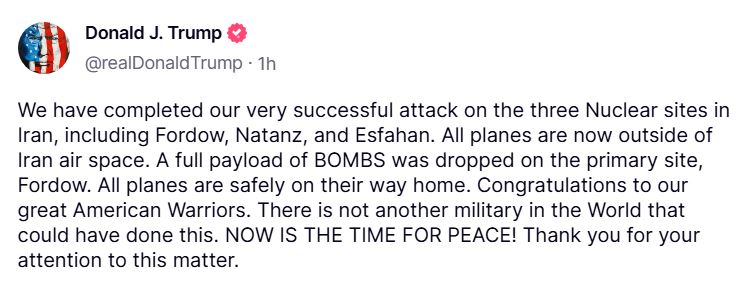
The world held its breath as news broke: the US had launched a direct attack on Iran, targeting its most fortified nuclear sites. The phrase “US attack on Iran” trended globally, igniting speculation, fear, and debate. What really happened? Why now? And what comes next?
Late Saturday, President Donald Trump announced that US warplanes had struck three of Iran’s most critical nuclear facilities—Fordow, Natanz, and Isfahan. The Fordow site, buried deep beneath a mountain, has long been considered nearly invulnerable.
Russian Missile and Drone Strikes Kyiv Claim 14 Lives and almost 4 dozens injured
But this time, American B-2 bombers, capable of carrying the 30,000-pound Massive Ordnance Penetrator, reportedly delivered a full payload on Fordow. Trump declared the operation “very successful,” adding that all aircraft had exited Iranian airspace safely and praising the “remarkable American warriors” involved.
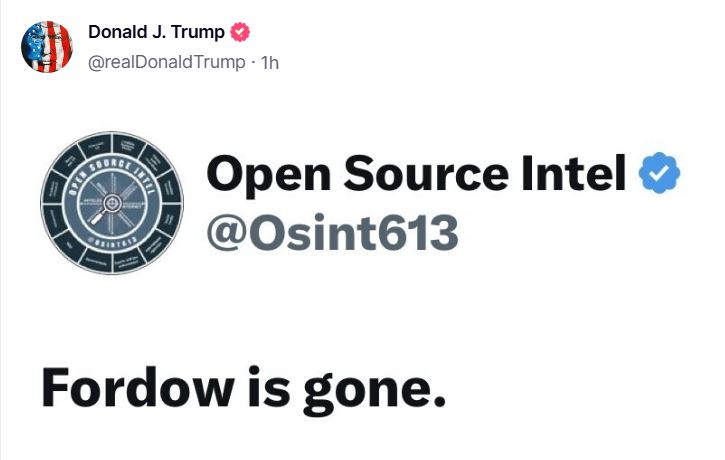
The attack would be the first instance of the US directly bombing Iranian territory, escalating a long-simmering conflict that had been boiling over between Israel and Iran for weeks. Explosions east of Tehran lit up the night sky, with anti-aircraft fire echoing across the city.
Is Trump Fanning the Flames? China Accuses US President of Pouring Oil on Iran-Israel Crisis
On the ground, Iranian officials scrambled to respond. Supreme Leader Ali Khamenei, fearing assassination, reportedly moved to a secure underground bunker and suspended digital communications. He named three clerics as potential successors—a move never before seen outside Iran’s formal succession process.
Why did Trump act now? Sources say diplomatic efforts had stalled. Israel, frustrated by delays and fearing a shrinking window to halt Iran’s nuclear ambitions, pressured the US to act. The Fordow facility, in particular, was seen as a critical target—so heavily fortified that only the US possessed the munitions needed to destroy it.
Allied Irish Banks Return to Private Ownership Sparks Hope and Questions
Trump, hoping to force Iran back to the negotiating table, saw military intervention as the only viable option.
The strikes have already had deadly consequences. Israeli officials claim several senior Iranian military leaders and at least nine nuclear scientists were killed.
Iran’s leaders have instructed their senior public servants to operate from undisclosed underground facilities and refrain from using mobile phones, exposing a deep paranoia toward new strikes or encroachment.
Is the US Embassy in Israel Now a Frontline in the Middle East Crisis after Iranian attack?
International reaction is mixed. The Arab League condemned the strikes as a breach of international law and called for renewed diplomacy. Within the US, Trump’s decision has divided even his closest allies.
Some see it as a bold move to restore American deterrence; others worry it could spark a wider regional war. Iran had vowed to avenge American interests, increasing the specter of a wider and more devastating war.
What about the future? For now, Trump says he doesn’t plan further strikes, urging Iran to “agree to end this war.” But US troops in the region remain on high alert, bracing for possible reprisals. The situation is fluid, and the risk of escalation remains high.
Did Iranian Supreme Leader Ali Khamenei Just Escape Death? The Bunker Mystery Unfolds
The world is watching. Will Iran respond with force, or will it return to the negotiating table? Can diplomacy still prevent a larger war? The answers may shape the Middle East for years to come.
For more in-depth analysis, see the Institute for the Study of War’s interactive map tracking the strikes and The New York Times’ live updates on the evolving crisis.
